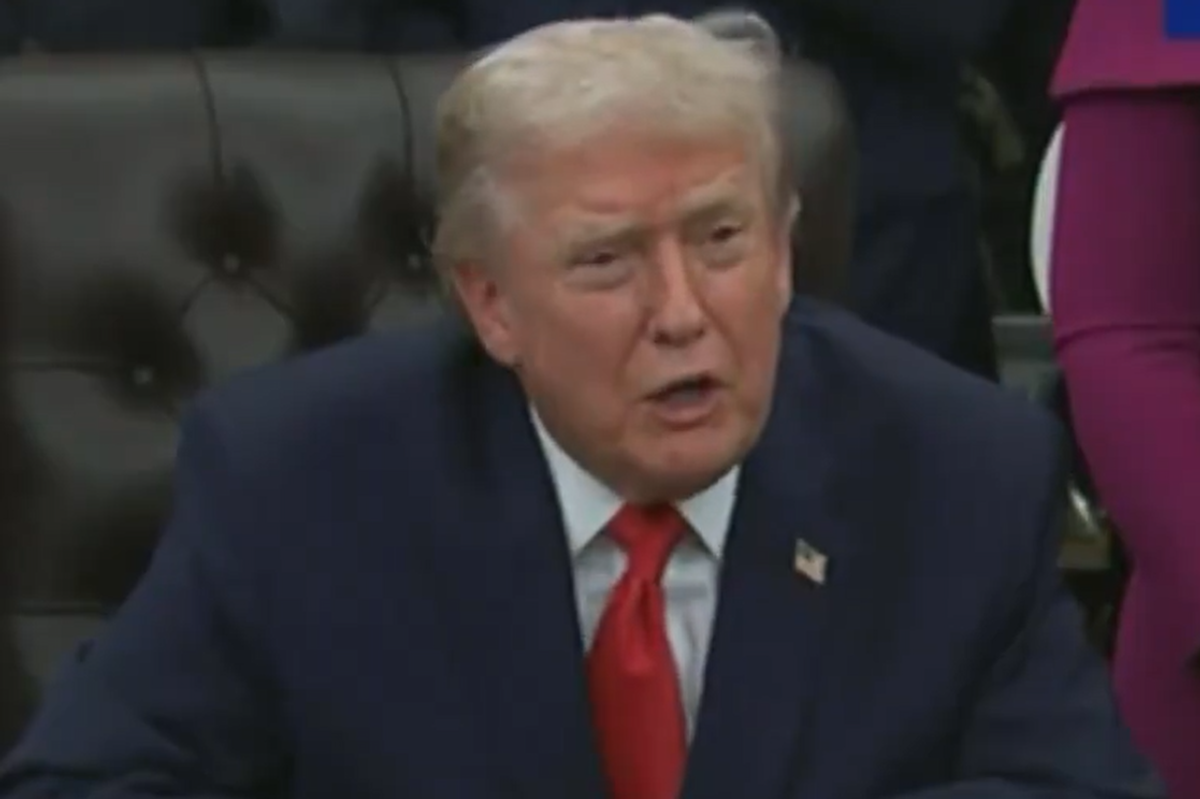News
You might have missed it, but last night the Greek government carried out a stunning U-turn in a bid to seal a rescue deal and avoid crashing out of the single currency.
Here's what you need to know about what happens now:
Today: Eurogroup finance ministers meet in Brussels at 3pm UK time. Assessments of the Greek proposals by the European Commission, IMF and European Central Bank will be presented.
If they are given the thumbs down, EU leaders will gather on Sunday to plan for Greece's exit from the single currency.
Sunday: The leaders' summit begins at 3pm. If it goes well, the planned summit for all 28 EU members, scheduled for 5pm, may be cancelled.
Monday: If there is no deal, the ECB could turn off emergency funding for Greece's banks.
20 July: Greece is due to repay €3.5bn (£2.5bn) to the ECB. If this is missed, it will be politically impossible for the bank to continue aiding Greek banks. They would become insolvent.
And here's our Q&A on the latest developments:
Are Greece's banks close to collapse?
Yes, but… "Greek banks close to collapse" is a headline you will have seen many times in recent weeks, and an accurate one too, as it happens. Cast your minds a little further back, however, and you will also recall seeing "American banks face collapse" and, more painfully, "British banks close to collapse". Remember Northern Rock? In the 19th century and earlier banks very often went bust.
Yet how can an institution built on money "face collapse"?
The answer is that the banks lend your money out, a necessarily dangerous business. One reader wrote to i: "When I put my money in the bank I expect them to look after it. Can you please tell them to stop lending my money out?"
Is this lending a good thing?
Yes and no. Banks provide loans for businesses and for people to buy a car or get a mortgage and so on. That means they lend money out for a long time. If too many people want their money back in a short time the taxpayer usually ends up funding the bank instead.
Is Greece special?
Not in its essentials. British banks have a "lender of last resort", the Bank of England. In Greece they don't have their own money and they don't have their own central bank. They rely instead on the European Central Bank.
Top 100
The Conversation (0)













